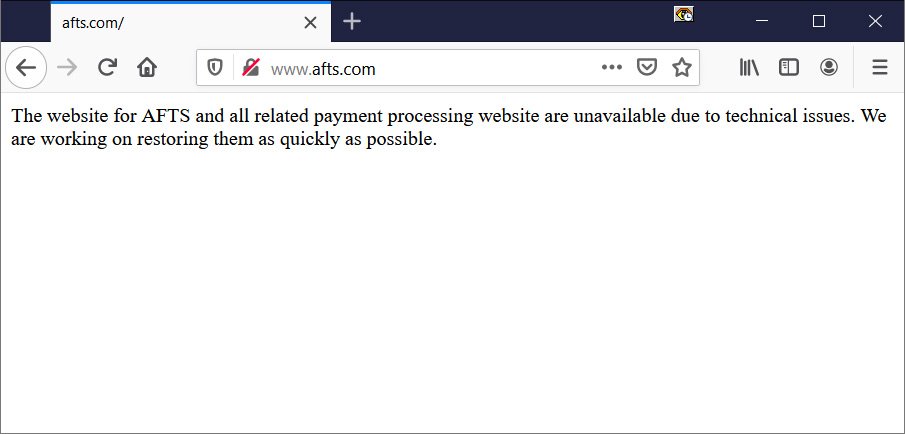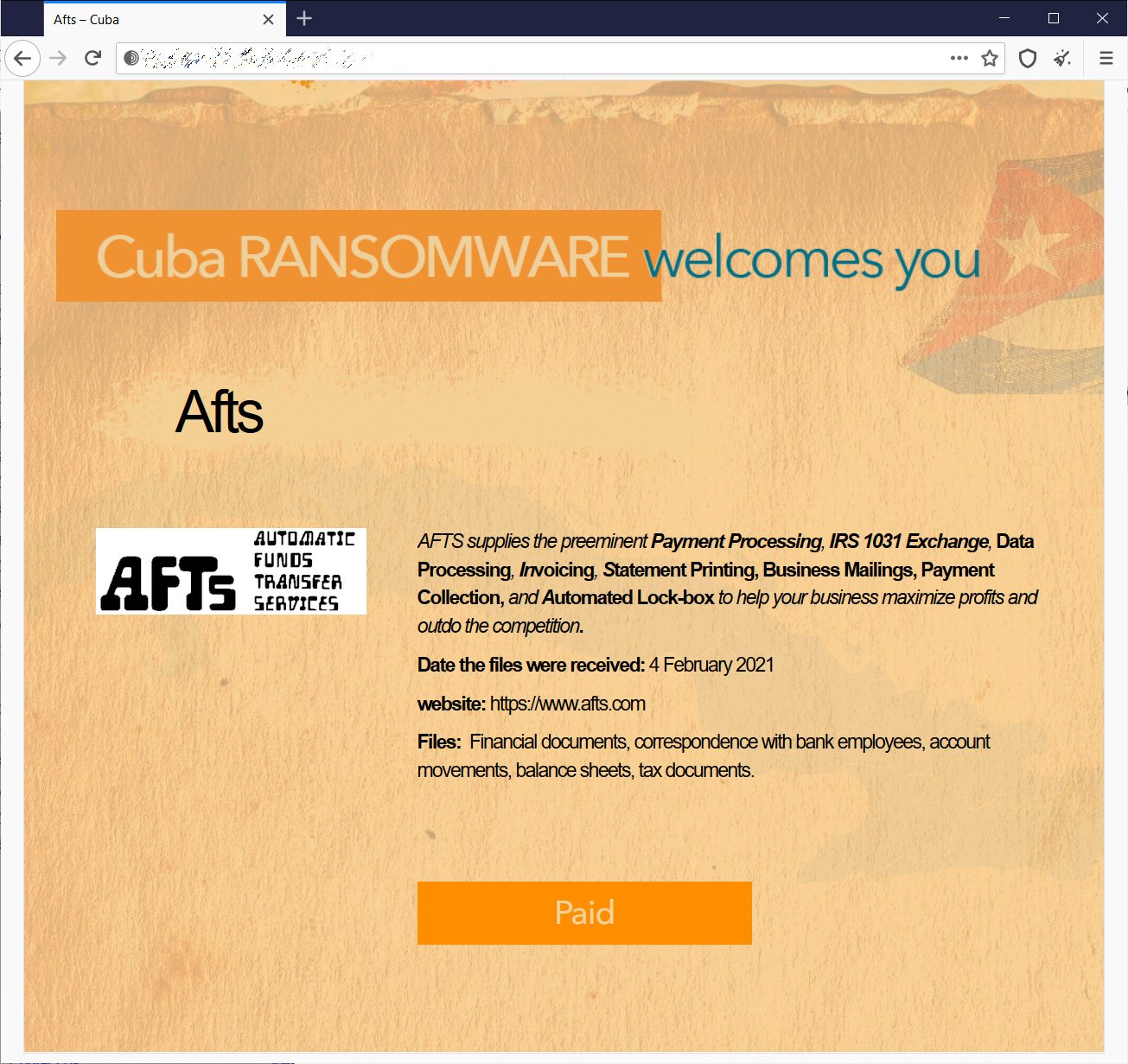Forget that Loon’s balloon burst, we just fired 700TB of laser broadband between two cities, says Google • The Register
Engineers at Google’s technology moonshot lab X say they used lasers to beam 700TB of internet traffic between two cities separated by the Congo River.
The capitals of the Republic of the Congo and the Democratic Republic of Congo, Brazzaville and Kinshasa, respectively, are only 4.8 km (about three miles) apart. The denizens of Kinshasa have to pay five times more than their neighbors in Brazzaville for broadband connectivity, though. That’s apparently because the fiber backbone to Kinshasa has to route more than 400 km (250 miles) around the river – no one wanted to put the cable through it.
There’s a shorter route for data to take between the cities. Instead of transmitting the information as light through networks of cables, it can be directly beamed over the river by laser.
In an effort dubbed Project Taara, X built two terminals, one in Brazzaville and another in Kinshasa, to transmit and receive data encoded in beams of laser light.
“In the same way traditional fibre uses light to carry data through cables in the ground, Taara’s wireless optical communication links use very narrow, invisible beams of light to deliver fiber-like speeds,” Baris Erkmen, Director of Engineering for Taara, explained today.
“To create a link, Taara’s terminals search for each other, detect the other’s beam of light, and lock-in like a handshake to create a high-bandwidth connection.”
About 700TB of data was exchanged over 20 days at speeds of up to 20 Gbps, with 99.9 per cent availability, with the help of Econet – the multinational telecoms giant, not the old Acorn networking system. The aim of the setup was to relay broadband internet traffic between the cities more as a test of the equipment than anything else.
A lot of effort went into tracking and pointing the light beam at a sensor a few kilometres away, and mitigating the effects of poor weather, interference from animals, and the like.

Google’s…






